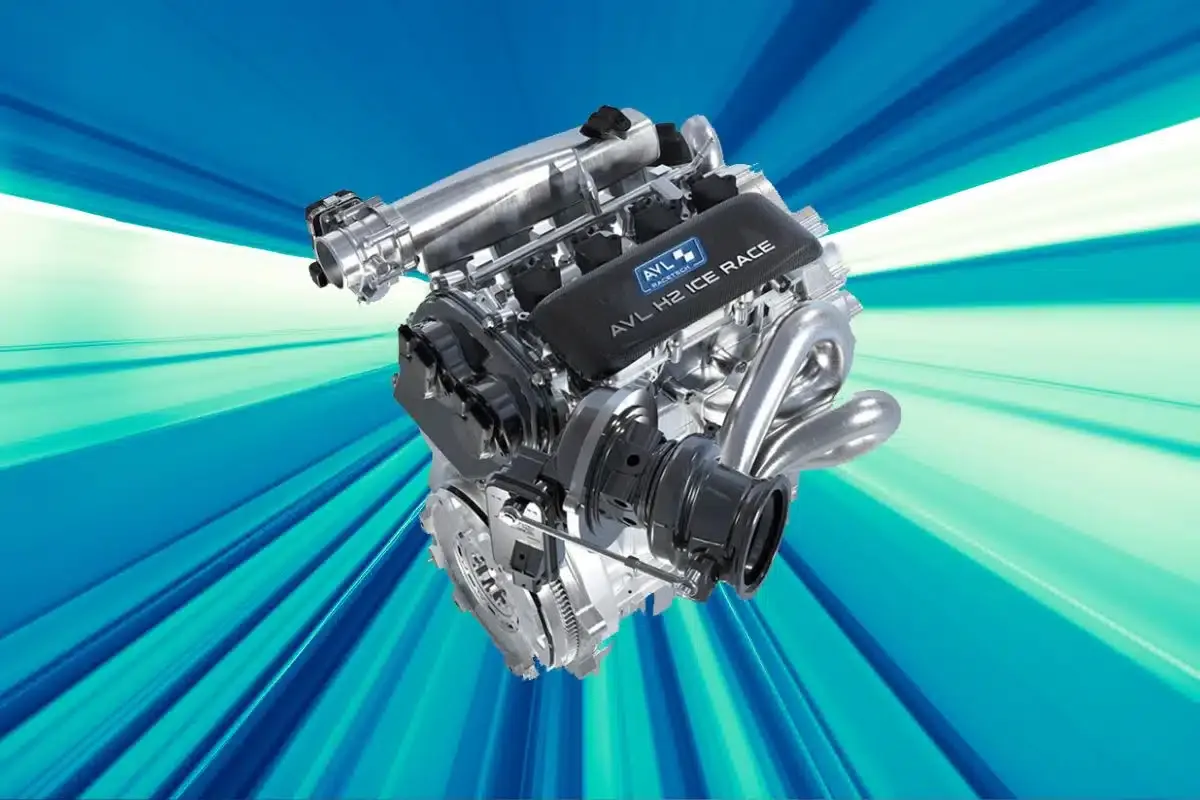Feel the Clean Roar: Hydrogen Engines Are Reinventing Cars

The automotive world is gearing up for a big shake-up. AVL RACETECH, a branch of AVL, has rolled out a prototype hydrogen engine that uses both hydrogen and water injection. With electric vehicles and regular combustion engines still getting lots of attention, this breakthrough offers an interesting and sustainable alternative.
Pioneering Hydrogen Tech
AVL RACETECH’s prototype is a 2-liter turbo engine featuring next-level water injection. This setup not only keeps performance high but also cuts emissions significantly—a real win in engine design. Detailed 3D models and simulation tools were used to fine-tune the air flow and keep mechanical stress to a minimum.
A standout feature of this hydrogen engine is its blend of stoichiometric combustion with water vapor injection. This mix boosts the pressure in the combustion chamber while cooling it down, cutting the chance of pre-ignition and keeping the engine running smoothly. The outcome? A striking output of 150 kW per liter, proving that the engine packs both punch and efficiency.
Performance Highlights
At AVL RACETECH’s headquarters in Graz, the engine showed off some impressive numbers. It hit a max power output of 410 horsepower (301.7 kW) and could rev up to 6,500 rpm. Additionally, it churned out a peak torque of 368.8 lb-ft between 3,000 and 4,000 rpm, with overall power reaching up to 300 kW. Under the watchful eye of project leader Paul Kapus, these stats were confirmed on the test bench, showing that this engine can hold its own against traditional designs.
What It Means for the Environment
Hydrogen engines offer a promising way to cut down on emissions, producing no emissions at the tailpipe. This fits perfectly with global efforts to reduce air pollution and lower carbon footprints. Unlike electric vehicles that often grapple with charging networks and range issues, hydrogen engines can use modified existing infrastructure, making the shift to cleaner mobility a bit smoother.
When weighing hydrogen engines against electric vehicles, one clear advantage is that both produce zero direct emissions. However, hydrogen engines can take advantage of current infrastructure, whereas electric vehicles usually need brand-new charging setups. Plus, hydrogen engines deliver performance similar to that of traditional engines—all while keeping environmental concerns in check.
Revamping the Auto Scene
High-powered hydrogen engines are pushing back against the idea that electric vehicles are the only way forward for green transportation. They’re giving car makers a reason to look at hydrogen as a solid, clean alternative that can deliver some serious speed and performance. This breakthrough could level up the variety of eco-friendly vehicles on the market.
As both hydrogen and electric vehicle technology advance, there are still some open questions about long-term vehicle security and the reliability of key fob systems, among other things. Still, these new developments hint at a future where various mobility options work side by side with our green goals.
High-performance hydrogen engines bring a thrilling new angle to automotive tech, offering a powerful yet eco-friendly alternative to what we’re used to. With pioneers like Paul Kapus leading the charge, we might be on the brink of reshaping how our future roads will look—and maybe even how we all get around every day.